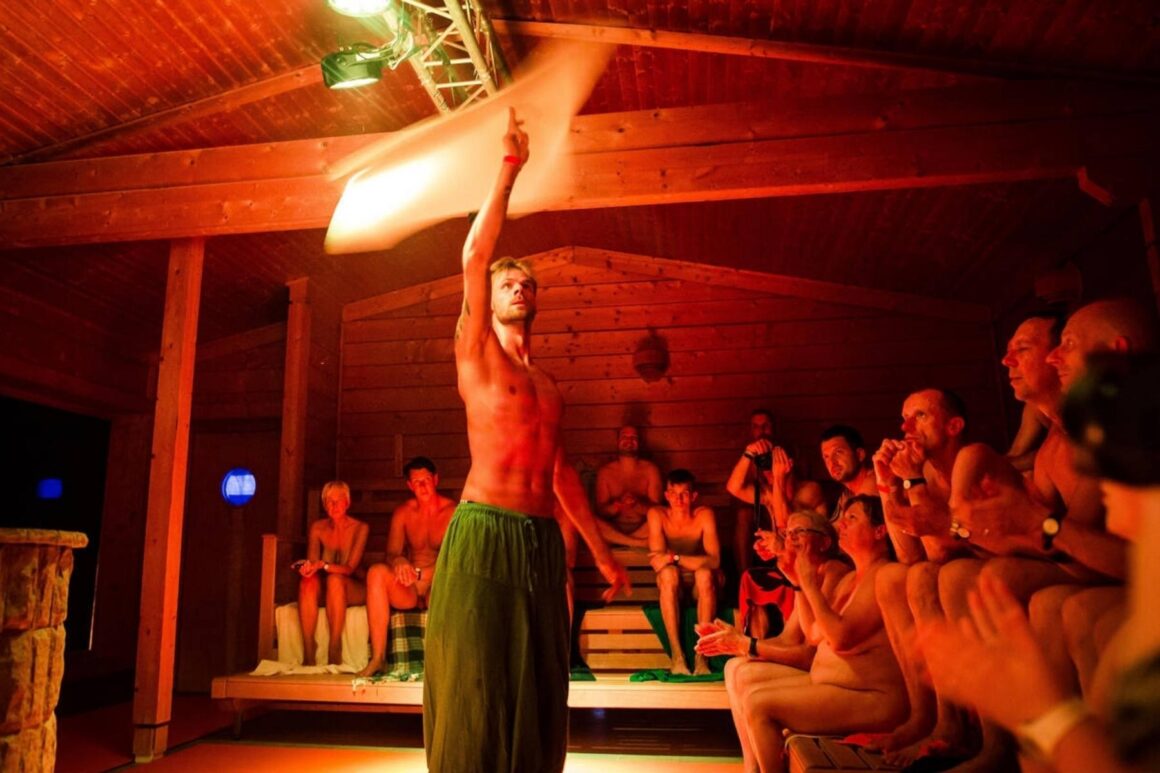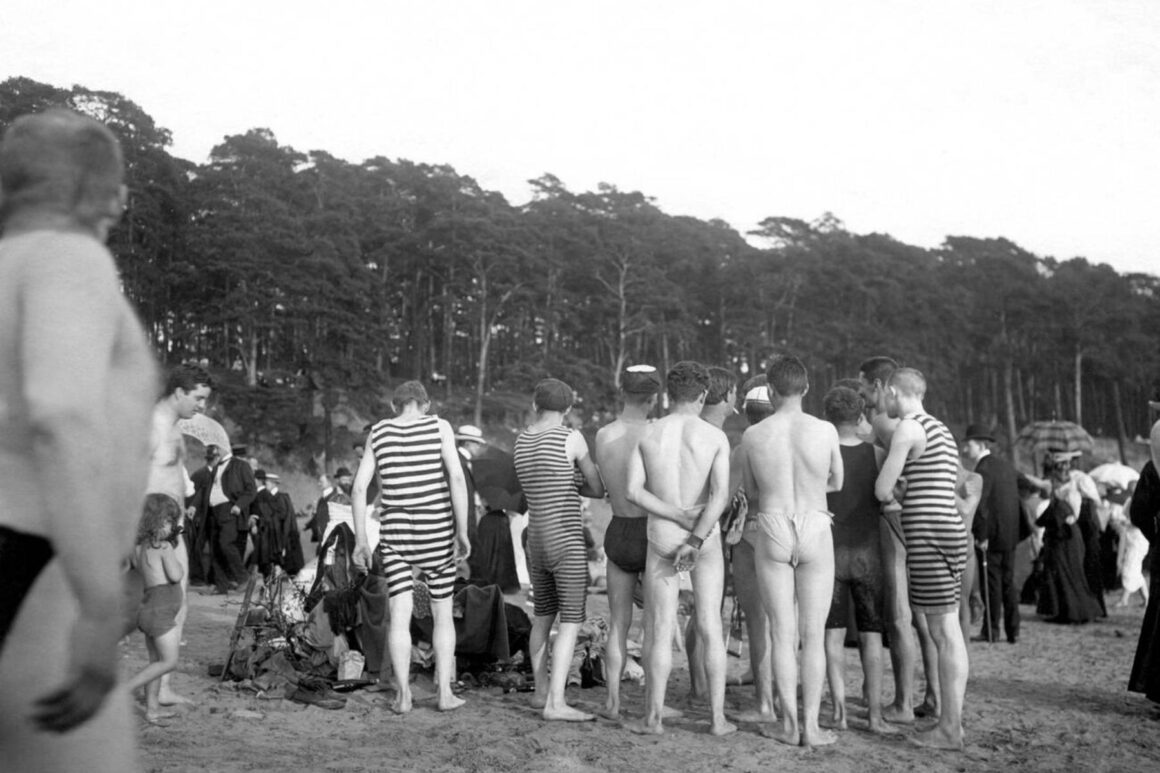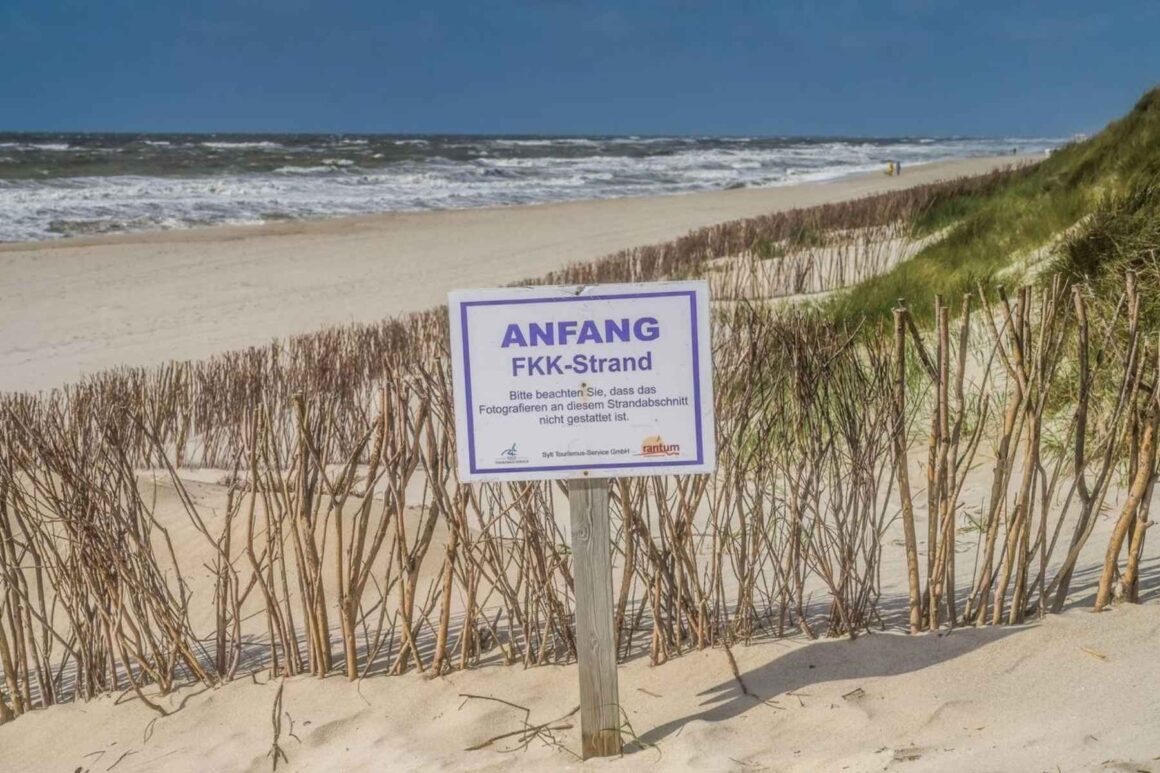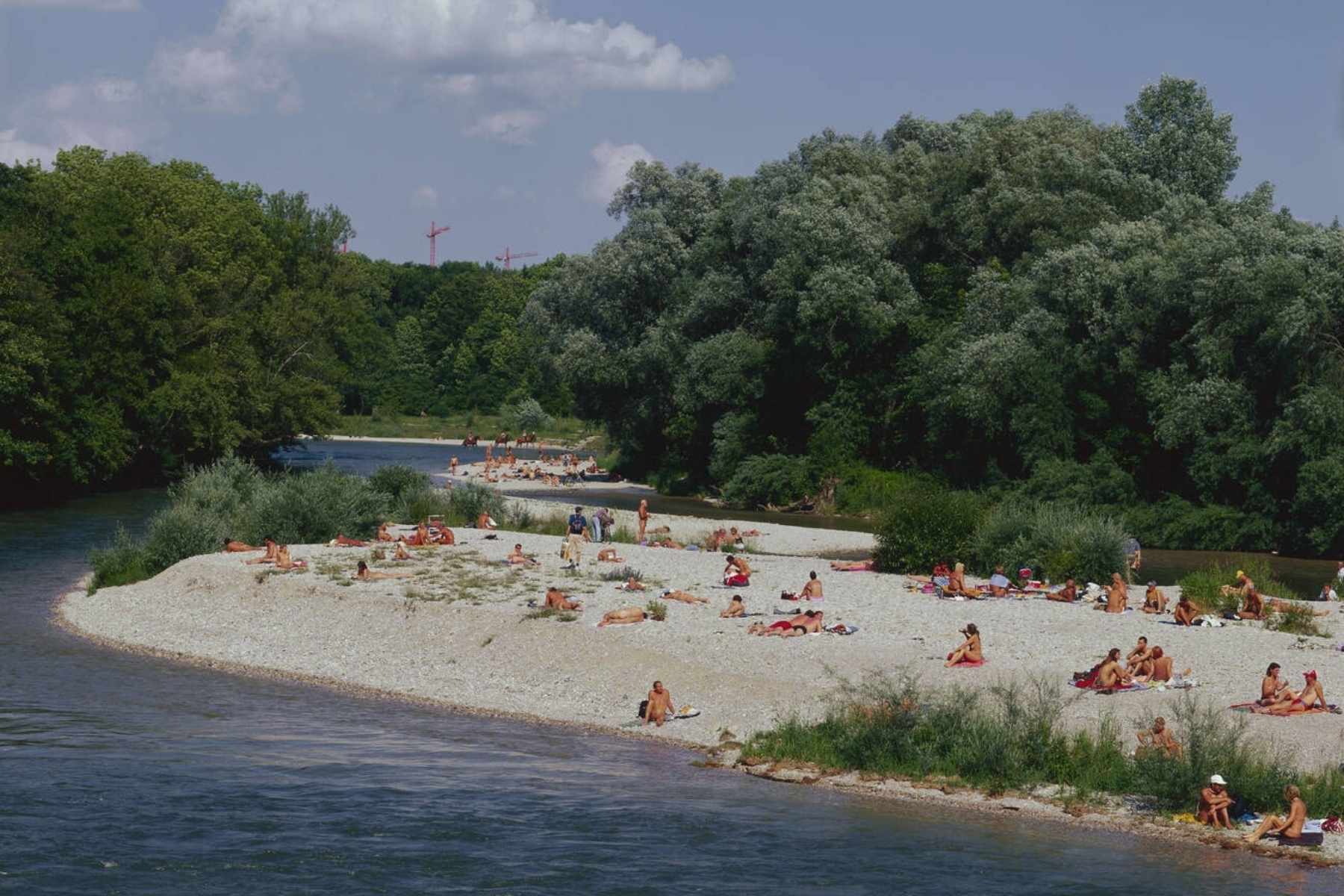There’s a peculiar elegance to how Germans embrace nudity. It’s not the crass abandon of tabloid scandal nor the self-conscious posturing of a “liberated” lifestyle influencer. It’s just… normal. Stroll into a public sauna or a designated FKK (Freikörperkultur, or Free Body Culture) beach, and you’ll quickly understand: this is not a land of fig leaves, but a culture that shrugs off prudishness with the same ease as a winter coat in spring.
A Sauna Like No Other

In Germany, saunas are not just a way to sweat out last night’s indulgent Schnitzel and Hefeweizen. They’re almost sacrosanct—temples to wellness where silence is golden, steam is abundant, and, yes, everyone is stark naked. The unwritten rule is simple: no swimsuits allowed. This is not out of some rebellious spirit, but practicality. Wet textiles breed bacteria and disrupt the carefully calibrated hygienic sanctity of the sauna. Germans, being the efficiency lovers they are, see no reason to complicate something as fundamental as sweating.
For the uninitiated, stepping into a German sauna for the first time might feel akin to walking onto a stage, only the audience is equally naked and paying you no mind. That’s the point. Nudity here is neither a statement nor an invitation; it’s a uniform, worn for comfort and equality. In a sauna, everyone is stripped of status, quite literally. Bankers sit next to baristas; professors alongside plumbers. The only hierarchy is determined by who can withstand the heat longest during the Aufguss ritual—a steamy performance involving aromatic oils and towel-whipping theatrics from the sauna master.
The Philosophy of Freikörperkultur
The German affinity for public nudity has roots deeper than modern spa etiquette. The FKK movement, which translates to Free Body Culture, emerged in the late 19th century as part of a broader back-to-nature philosophy. Industrialization had polluted cities, minds, and even morals, argued its proponents. The antidote? Sun, air, and bare skin.
The first documented nudist club, the Freilichtpark (Open Air Park), was established in 1903 by Paul Zimmermann near Hamburg. It became a sanctuary for those seeking freedom from the constraints of modern society. Early FKK adherents were deeply influenced by the Lebensreform movement—a collection of utopian philosophies that advocated for natural living, vegetarianism, and holistic health. Nudity, they argued, symbolized a return to humanity’s purest state, untainted by the artificiality of industrial life.
By the 1920s, nudism gained traction across Germany. Publications like Die Schönheit (The Beauty), a magazine promoting nudist ideals, circulated widely. Nudist societies popped up in urban and rural areas alike, often attracting middle-class intellectuals and artists who saw nudity as a blend of health, freedom, and aesthetic appreciation. However, the movement was not purely recreational—it was steeped in ideology, promoting physical and moral purity and a sense of egalitarianism.
Under the Shadow of the Third Reich
The rise of the Nazi regime in the 1930s cast a shadow over FKK. Initially, the National Socialist government banned nudist organizations, labeling them as “degenerate.” But the tides shifted when the regime recognized the movement’s potential to align with its own ideals of physical fitness and discipline. FKK activities were reinstated under strict regulations, with nudism repurposed as a tool for state propaganda rather than personal liberation.
The Cold War Divide

After World War II, FKK saw a revival, particularly in East Germany. While the West embraced FKK as part of the burgeoning wellness and leisure culture, the East adopted it as a subtle form of resistance against the state’s control. In a society where most aspects of life were regulated, FKK beaches became rare spaces of personal freedom. Families and individuals could let go—literally—of the constraints imposed by the Socialist regime. By the 1970s, East German FKK beaches were a common sight along the Baltic Sea, and nudism was seen as a normal, even patriotic, activity.
Meanwhile, in West Germany, FKK retained its appeal among the middle class and bohemians. Nudist parks and clubs proliferated, and FKK-friendly tourism flourished in destinations like Sylt and the Mecklenburg Coast.
The Beach Chronicles: A Nudist’s Paradise
Visiting a German FKK beach is an experience in cultural anthropology. You’ll see families picnicking under the sun, retirees lounging with novels, and teenagers splashing in the surf—all unabashedly nude. What you won’t see is ogling or awkwardness.
There’s a distinctly German sensibility to how FKK beaches operate: straightforward and orderly. Signs clearly mark nudist zones, and everyone respects the boundaries, both physical and social. Any hint of voyeurism or inappropriate behavior is met with swift disapproval. After all, FKK isn’t about indulgence; it’s about liberation—from clothes, judgment, and the peculiar hang-ups that often accompany the human form.
The Cultural Divide
To outsiders, particularly from more modest societies, the German approach to nudity can feel jarring. The Anglo-American world, steeped in its Puritanical roots, often conflates nakedness with vulnerability or eroticism. But in Germany, it’s just another state of being. The body, stripped of adornments and social markers, becomes ordinary.
There’s also an intellectual component to this acceptance. Germans, famously fond of philosophy, might trace their comfort with nudity back to thinkers like Rousseau, who championed a return to natural living, or Goethe, who praised the harmony between man and nature. The FKK movement distilled these lofty ideals into something tangible: a towel, a beach, and a fresh breeze.
Nudity Without Pretense

Despite its historical and cultural weight, nudity in Germany is refreshingly devoid of pretense. There’s no need for the pseudo-spiritual language that often accompanies discussions of body positivity in other parts of the world. Germans simply practice what others preach: they accept their bodies, lumps and all, with the kind of pragmatic indifference usually reserved for weather reports.
This lack of fuss extends to how they teach their children about nudity. It’s not unusual to see families at FKK beaches, where children learn early on that a human body, in all its forms, is neither scandalous nor sacred—it’s just human.
A Takeaway for the Clothed and Curious
For visitors, embracing Germany’s love for nudity can be a disarmingly liberating experience. But it’s not about joining a movement or proving a point. It’s about recognizing that sometimes, the best way to connect—with yourself, with others, with the world—is by shedding a layer, both literally and metaphorically.
And if that sounds a bit too lofty, consider this: at the very least, you’ll never have to worry about forgetting your swimsuit.
Photos: Alamy




